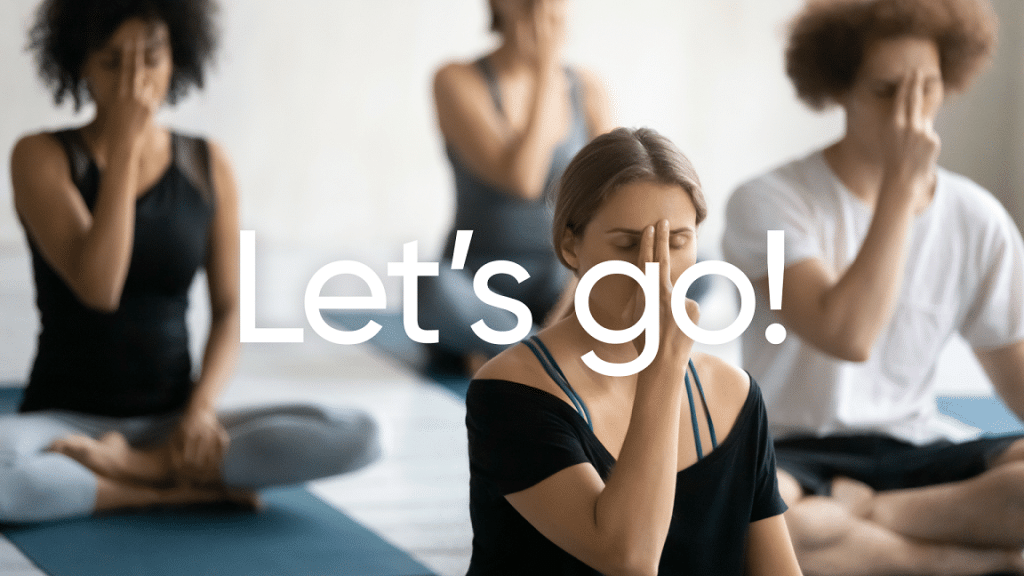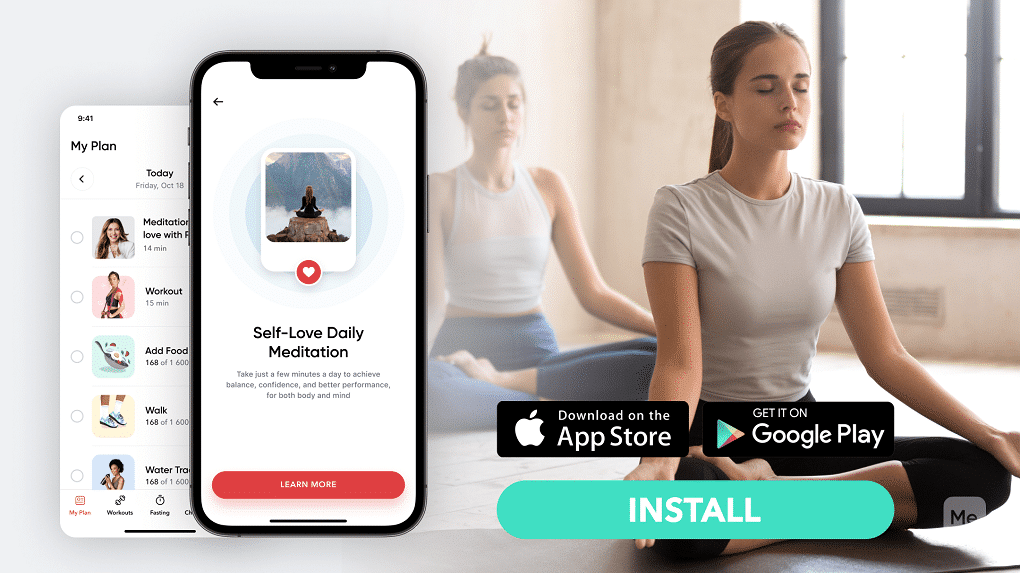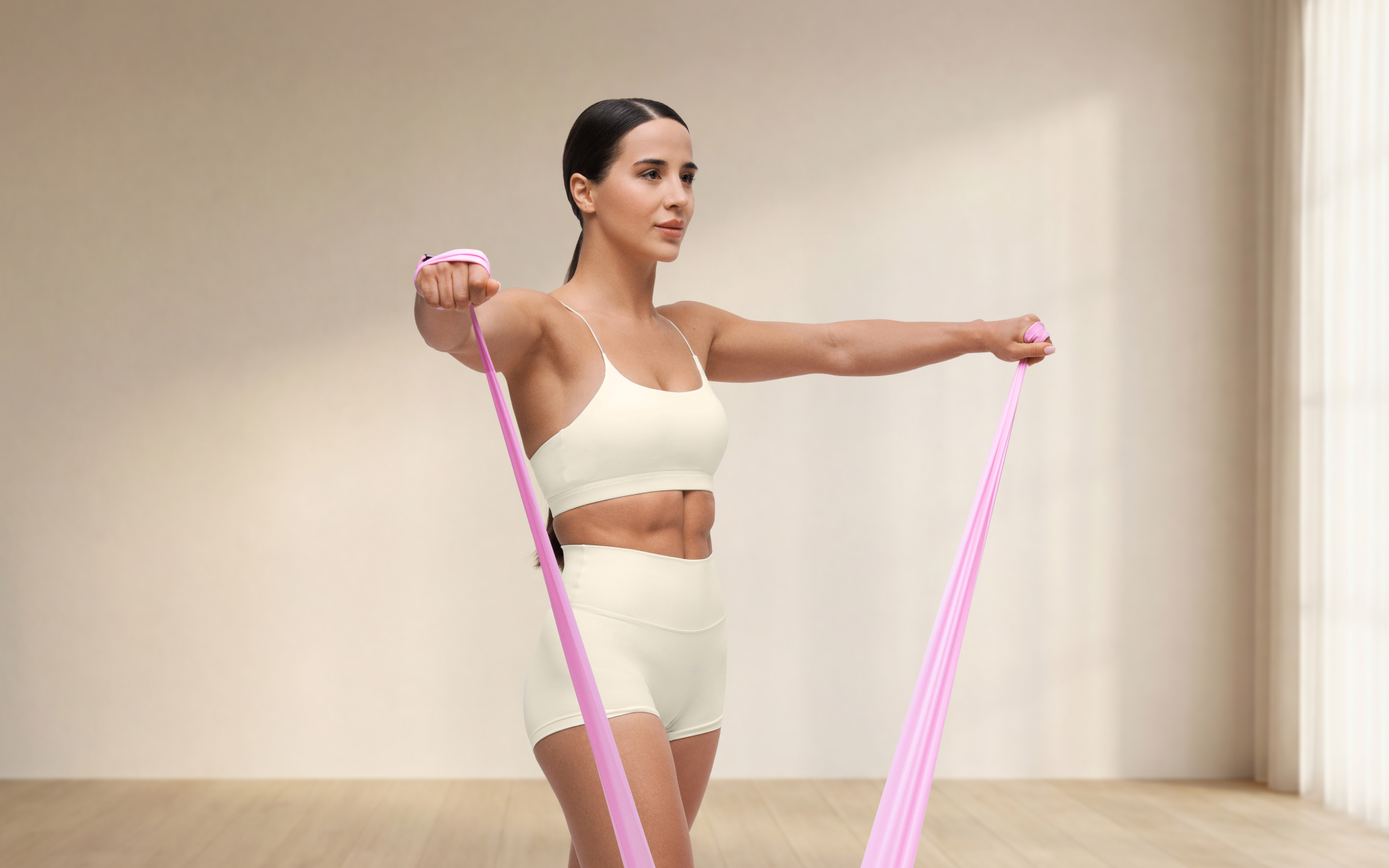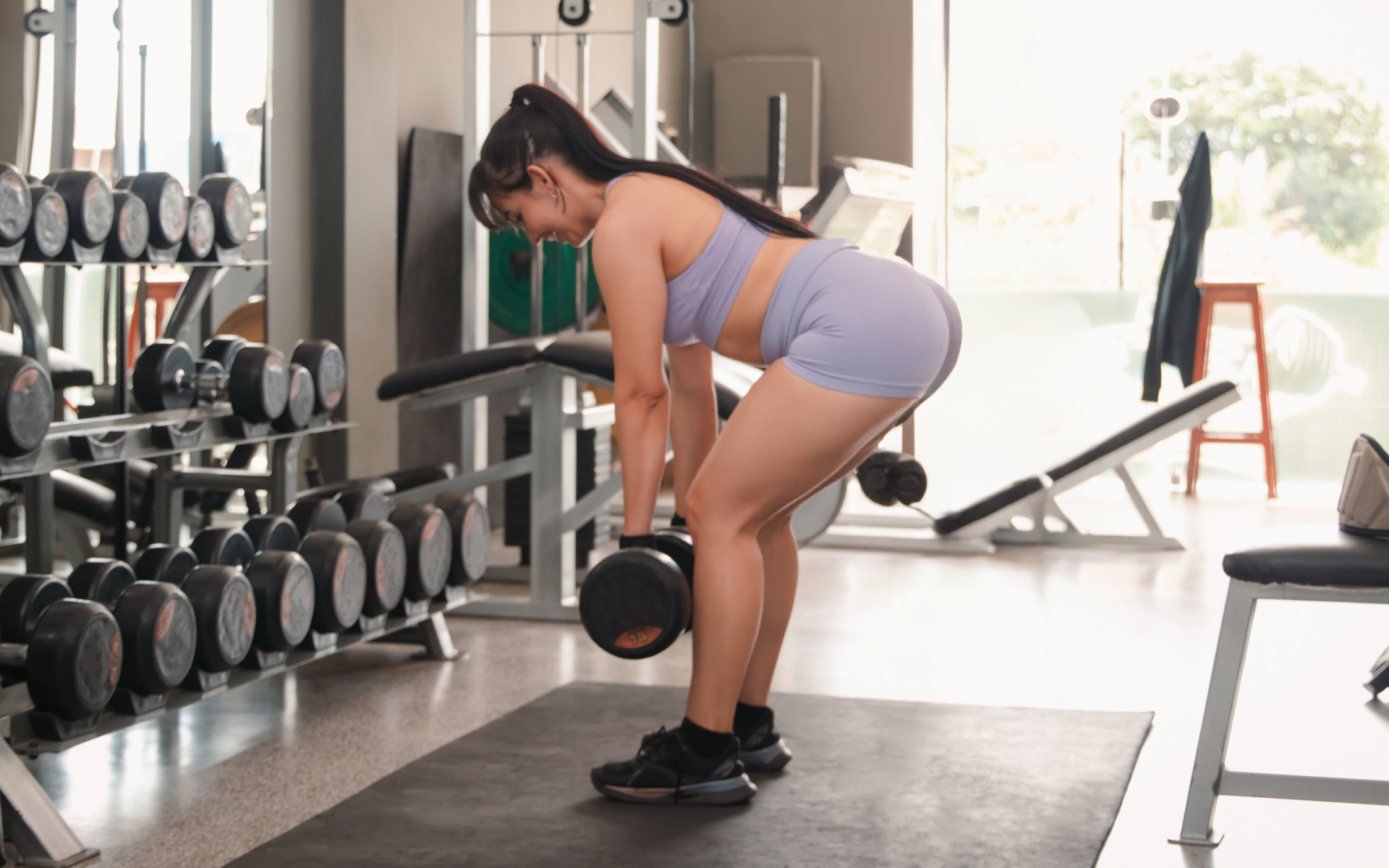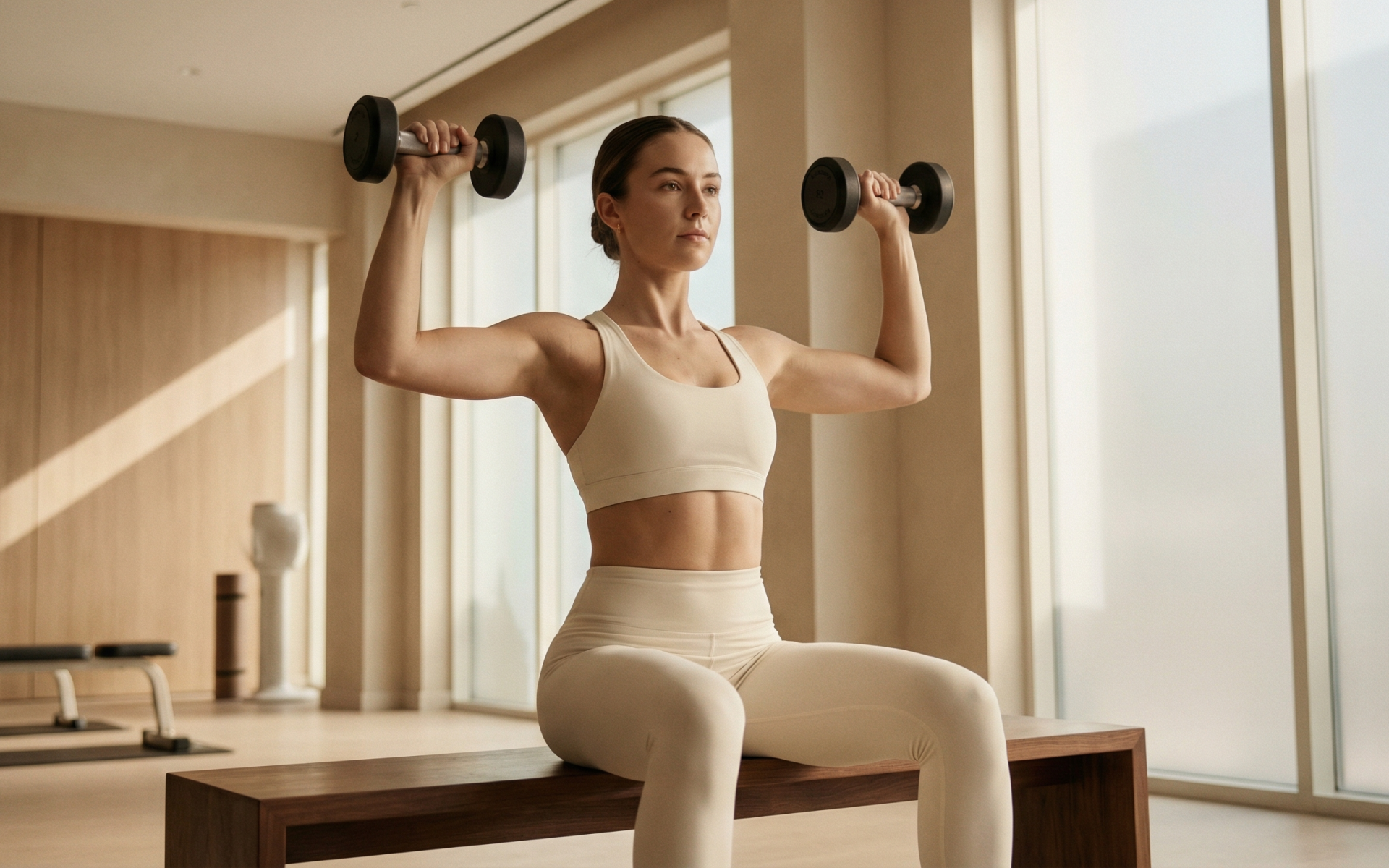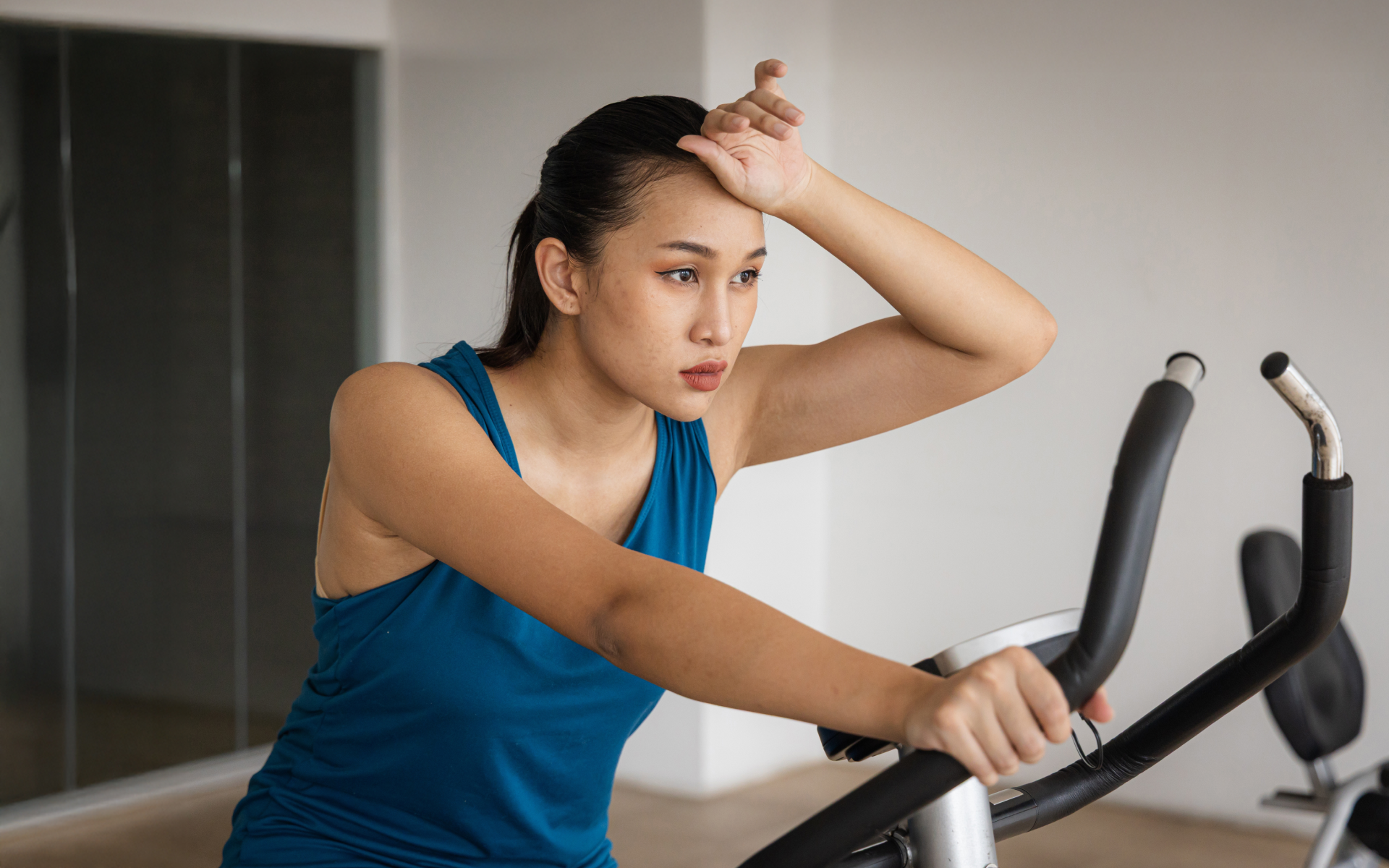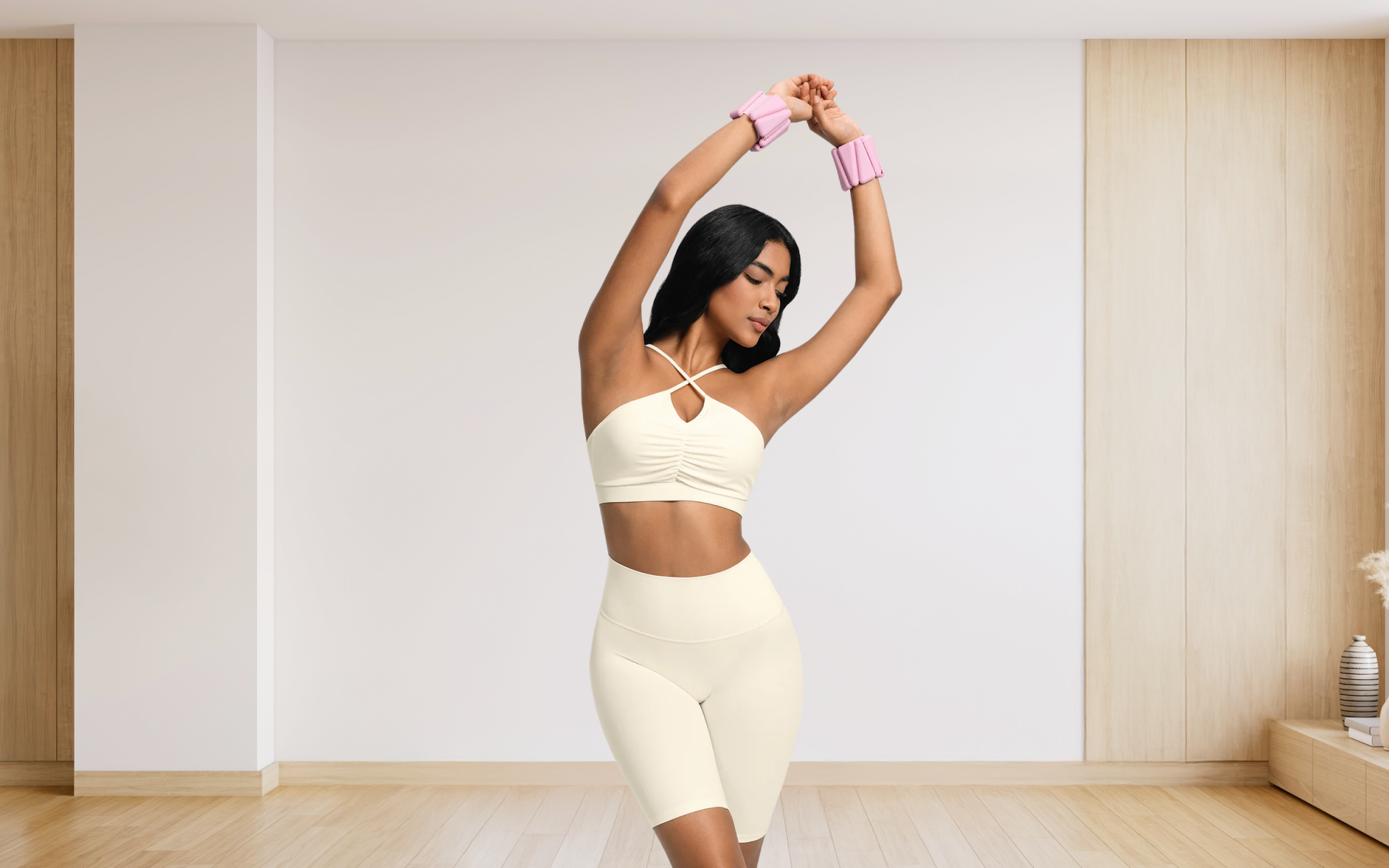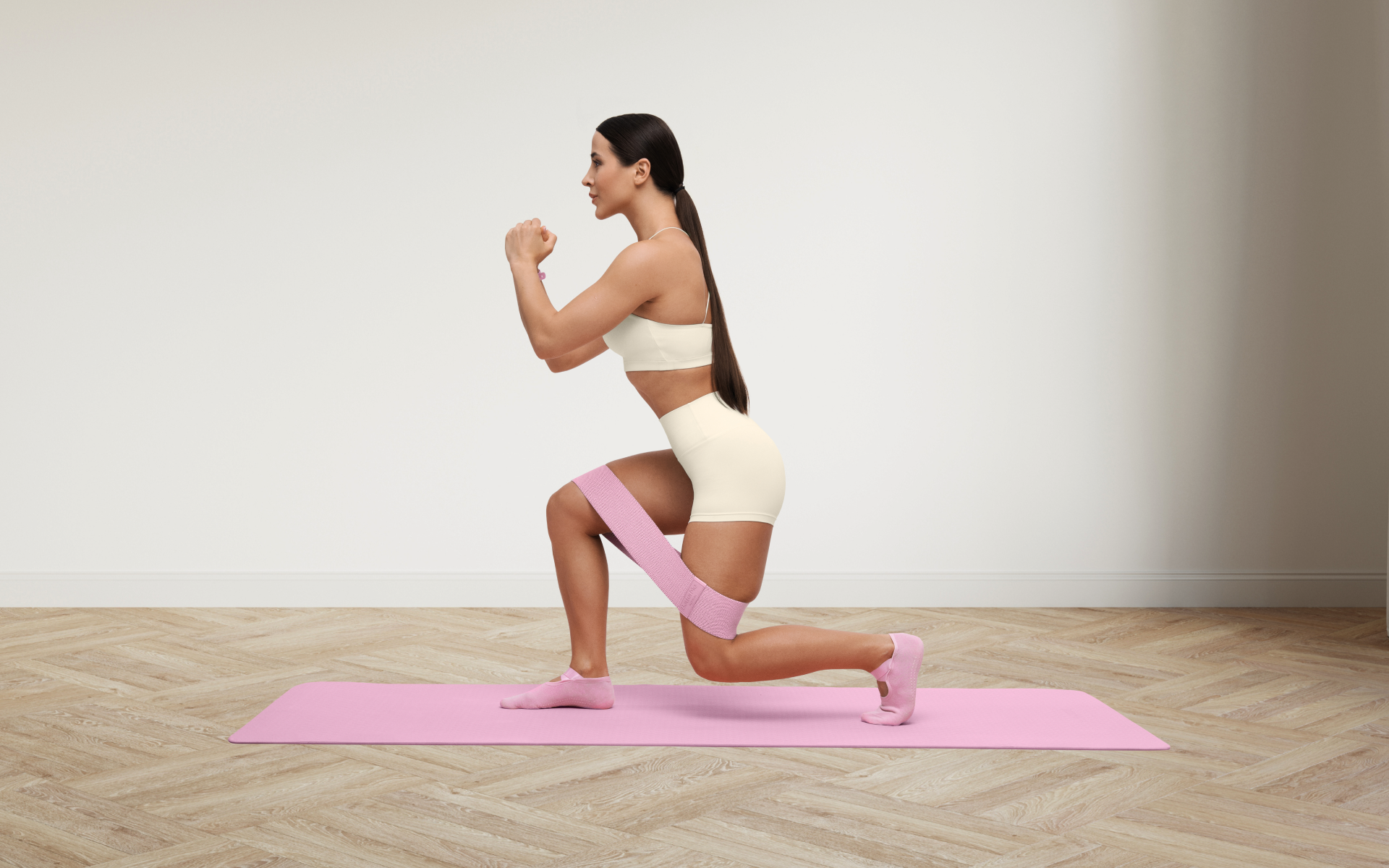Shortness of breath or dyspnea, which is difficulty in breathing or labored breathing, can be caused by many things. It can be brought on by any number of diseases that affect the lungs and respiratory system.
Get your personalized
meal plan!
The list is long, including (9):
- Chronic obstructive pulmonary disease (COPD)
- Asthma
- Bronchitis
- Emphysema
- Pneumonia
- Aspiration (inhalation) of stomach contents
- Pulmonary emboli (blood clots)
- Congestive heart failure
- Obesity
- Anemia
- People who are bedridden or in a wheelchair for lengthy periods
- Pregnancy
Many causes can be controlled by the patient but, unfortunately, some are uncontrollable.
If you have an illness that has caused shortness of breath, it is important to follow your doctor’s advice. Maybe you need oxygen therapy, quit smoking, or improve your diet and exercise plan. You may even require one or more medications that can ease shortness of breath.
If you feel that you could benefit from exercises that would increase lung capacity and decrease dyspnea, it is important to consult with a respiratory therapist who is experienced in pulmonary rehabilitation.
There are several exercises that can be done at home to help increase lung capacity and decrease shortness of breath (1) (4).
They include pursed-lip breathing, diaphragmatic breathing, huff coughing, forced exhalation against a closed airway, and the Valsalva maneuver.
Read More: Breathing During Exercise: Why And How To Do It Properly
We will explain how to do each exercise and how often you should do it. If you have further questions, please consult with your doctor or a respiratory therapist before performing any of these exercises.
Pursed Lip Breathing
- This involves breathing in through the nose, while you simultaneously purse your lips as if going to whistle.
- Then, breathe out through pursed lips while making a “shhh” sound.
- Repeat several times. Do this exercise 3 to 5 times a day.
Diaphragmatic Breathing
This exercise, in addition to helping with shortness of breath, has a positive impact on cognitive performance and helps reduce stress (10).
- Lie down on your back with a pillow under your head and another one under your knees.
- Place one hand on your upper chest and the other just below the rib cage over the bottom of your rib cage. This will be your guide to make sure you are breathing in the right place.
- Now, breathe in deeply through your nose so that both your hands move out away from your chest.
- As you exhale through pursed lips (like blowing out candles), pay attention to which hand moves in first. When it moves back into the center, that is when you know you are finished exhaling.
- Repeat several times, then rest for a minute or two, and then repeat several more times.
This exercise can also be done while sitting in a chair. If lying down makes it hard to breathe, you can always do this exercise at your desk.
Huff Cough
This maneuver requires a few pillows.
- Sit in a chair and place several pillows behind you on the floor.
- Lean forward with your head hanging down towards the ground while resting on the pillows.
- Place one hand over your upper chest and gently cough 20 to 30 times. This will help move any mucus that may be lodged in the airways.
- After coughing, keep your hand on your chest and take a few deep breaths. You should feel better after this exercise.
Forceful Exhalation Against A Closed Airway
- Sit in a chair with arms at rest along the sides of the chair.
- Take a deep breath in through your nose while you slowly raise both arms straight out in front of you, as if you were going to touch a wall that is far away.
- Exhale through pursed lips as you lower your arms back down along the sides of the chair.
- Repeat this 8 to 10 times.
Valsalva Maneuver
This exercise helps strengthen the respiratory muscles so they can function better (8).
- The Valsalva maneuver requires you to close your mouth, pinch your nose shut, and try to exhale while keeping your mouth closed. You should feel some pressure in the back of the throat when doing this exercise.
- Keep trying until you can no longer hold your breath and just breathe out or in.
- Repeat 10 times.
If there is a medical reason why you cannot do these exercises, there are other ways to improve breathing and decrease your shortness of breath. Please consult with a respiratory therapist or doctor for more information on how to improve shortness of breath and increase lung capacity.
If you wish to free yourself from all the extra pounds that have been weighting you down for way too long, start using the BetterMe app and overhaul your entire life!
Tips For Improving Lung Health
There are many reasons why someone would want to increase lung capacity and decrease shortness of breath.
Here are some tips for improving your lung health:
Avoid Areas With High Levels Of Air Pollution
Air pollution is all around us. It is important to go outside, but try to stay away from areas with heavy cars or factory traffic where the air may be polluted.
Limit Or Avoid Smoking
The chemicals in cigarettes are harmful to your lungs. If you have asthma, your symptoms will likely worsen if you smoke (2). Not only that, but smoking will decrease lung capacity over time. It is very difficult to quit smoking all at once, so it’s best to take it one step at a time.
Exercise Often
Obesity and lack of exercise can decrease lung capacity and increase the risk of many other respiratory problems (3). Regular exercise will help improve your lung health and decrease shortness of breath.
Manage Anxiety And Stress
Shortness of breath can be brought on by anxiety or stress just as much as lung problems (7). Make sure you are getting enough sleep and relaxing often to decrease the shortness of breath caused by anxiety.
Some stress management techniques worth trying include:
- Meditation
- Deep breathing
- Yoga
- Aerobic exercise
Get Adequate Sleep
Lack of sleep will decrease lung capacity and also make you more likely to experience anxiety, which can, in turn, lead to shortness of breath (6). Make sure to get at least eight hours of rest each night so that your lungs and body can fully recover.
Read More: Benefits Of Holding Your Breath: How Can It Affect Your Body?
Warm Compress
If you find that your shortness of breath is often worse at night, a warm compress on your chest may help calm the symptoms and make it easier to sleep.
Fuel Your Body With The Right Foods
What you eat can have a major impact on your lung health (5).
Some foods to try adding to the diet include:
- Leafy vegetables
- Fruits
- Nuts and seeds
- Fish and poultry
As always it is best to check with a doctor before making any significant changes in your diet or exercise routine. You may still want to check with a doctor before beginning an exercise program.
The Bottom Line
Shortness of breath and decreased lung capacity can be caused by a variety of factors. It is important to get to the root cause of your shortness of breath and then work towards improving it. You may want to see a respiratory therapist or another type of healthcare professional if you are having trouble managing your symptoms on your own.
DISCLAIMER:
This article is intended for general informational purposes only and does not serve to address individual circumstances. It is not a substitute for professional advice or help and should not be relied on for making any kind of decision-making. Any action taken as a direct or indirect result of the information in this article is entirely at your own risk and is your sole responsibility.
BetterMe, its content staff, and its medical advisors accept no responsibility for inaccuracies, errors, misstatements, inconsistencies, or omissions and specifically disclaim any liability, loss or risk, personal, professional or otherwise, which may be incurred as a consequence, directly or indirectly, of the use and/or application of any content.
You should always seek the advice of your physician or other qualified health provider with any questions you may have regarding a medical condition or your specific situation. Never disregard professional medical advice or delay seeking it because of BetterMe content. If you suspect or think you may have a medical emergency, call your doctor.
SOURCES:
- Effects of breathing exercises on lung capacity and muscle activities of elderly smokers (2016, ncbi.nlm.nih.gov)
- Effects of Smoking on Chest Expansion, Lung Function, and Respiratory Muscle Strength of Youths (2014, ncbi.nlm.nih.gov)
- Exercise and Lung Health | American Lung Association (2020, lung.org)
- How Breathing Exercises Influence on Respiratory Muscles and Quality of Life among Patients with COPD? A Systematic Review and Meta-Analysis (2021, hindawi.com)
- Nutrition and respiratory health in adults: findings from the Health Survey for Scotland | European Respiratory Society (2003, erj.ersjournals.com)
- Sleep effects on breathing and respiratory diseases (2009, ncbi.nlm.nih.gov)
- Stress effects on the body (2018, apa.org)
- The Acute Effects of a Single Session of Expiratory Muscle Strength Training on Blood Pressure, Heart Rate, and Oxygen Saturation in Healthy Adults (2012, frontiersin.org)
- The Differential Diagnosis of Dyspnea (2016, ncbi.nlm.nih.gov)
- The Effect of Diaphragmatic Breathing on Attention, Negative Affect and Stress in Healthy Adults (2017, frontiersin.org)

